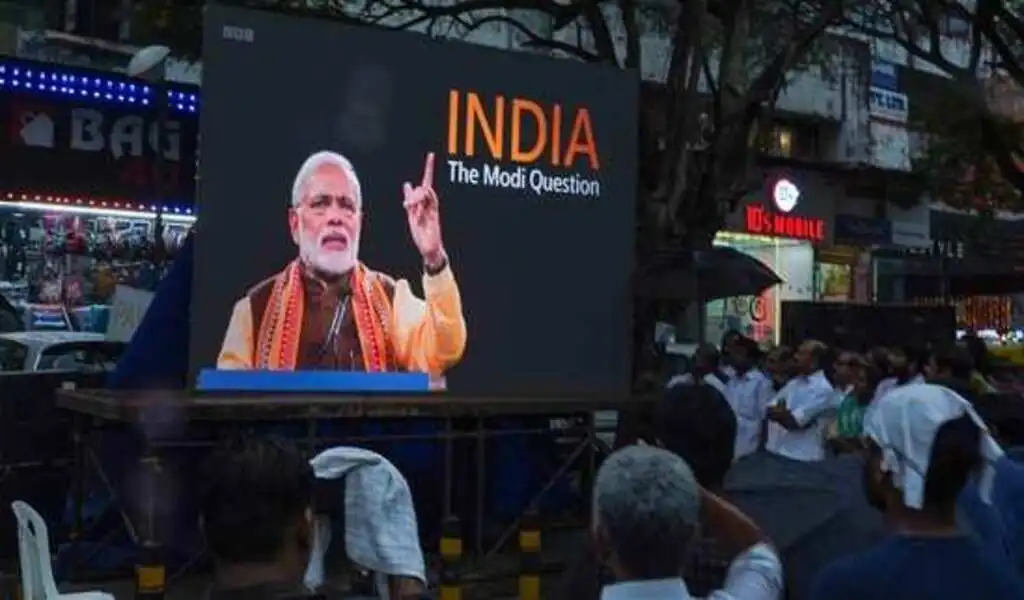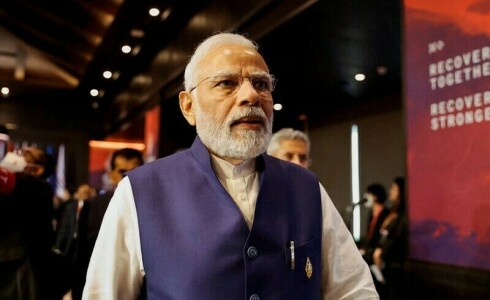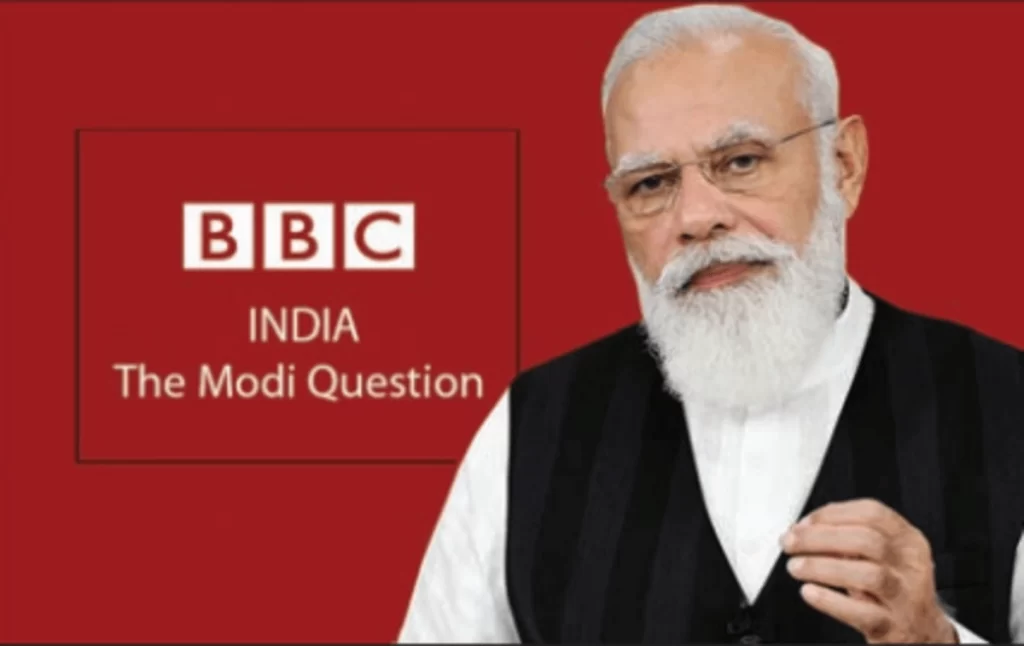(CTN News) – The British Broadcasting Corporation’s (BBC) contentious two-part documentary on prime minister Narendra Modi was the subject of a plea by Hindu Sena leader Vishnu Gupta, which the Supreme Court rejected as “completely misconceived” on Friday. Gupta sought to have BBC India operations banned.
In the documentary, which made headlines in India for criticizing the prime minister, Gupta claimed that the BBC had adopted an “anti-India” stance.
He also asserted that the documentary was the product of a “deep conspiracy against the global rise of India and its Prime Minister, Shri Narendra Modi,” which “is not being digested by the anti-India lobby, media, particularly BBC.”
Justices Sanjiv Khanna and MM Sundresh’s bench rejected the appeal but said other issues—such as the government’s prohibition on the documentary—were different.
In response to Justice Sundresh labeling the petitioner’s request “misconceived,” senior lawyer Pinky Anand, who is representing the petitioner, reportedly said:
“Please take note of the setting when the documentary took place. The UK is now in a situation where an Indian serves as Prime Minister. India is becoming a stronger economic force.”
Justice Khanna responded, saying: “How is this to be defended? Do you want us to filter everything? This is what?”
The court requested the government to provide a record of its decision to remove tweets containing links to the movies after hearing two further petitions on this subject last week, including one submitted by Trinamool MP Mahua Moitra, journalist N Ram, and attorney Prashant Bhushan.
The case was scheduled for April after the administration was allowed three weeks to do so.
‘India: The Modi Question,’ a documentary, raises issues. Modi managed the riots in Gujarat in 2002 while he was the state’s chief minister.
The ministry of foreign affairs criticized the documentary as a “propaganda work” that showed a colonial worldview, and the government had ordered social media sites like Twitter and YouTube to ban connections to it.
“This, in our opinion, is propaganda meant to forward a certain, debunked thesis. It is obvious that there is prejudice, a lack of impartiality, and a colonial attitude, “Arindam Bagchi, a representative, said in answer to inquiries on the movies last month.
The documentary has sparked protests both in India and overseas. Government opponents and supporters of free speech are opposing the ban, while others, including some Indian diaspora residents, are in favor of the measure and are denouncing the BBC.
Students in colleges and universities all around the nation, notably Jawaharlal Nehru University, where a protest screening was organized, and violence ensued, were outraged by the documentary and its prohibition.
The court ordered that the proceedings be limited to legal issues at the hearing last week and declined to debate this matter.
Related CTN News:
Indian Police Detained Students After Stopping Screening a BBC Documentary on Modi








